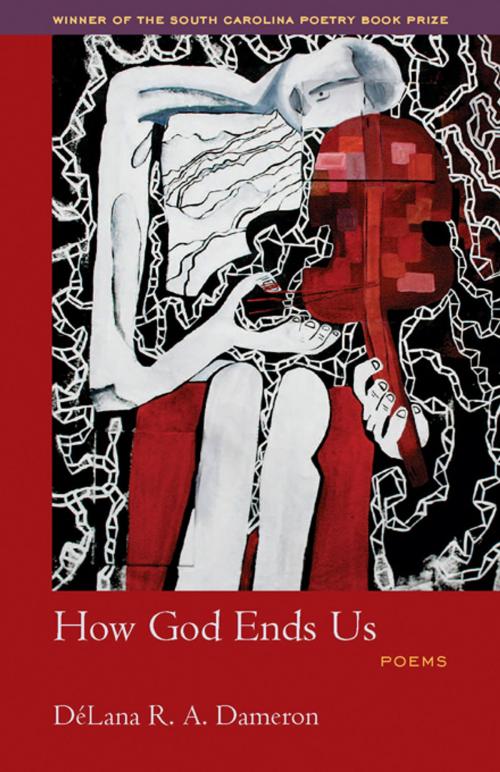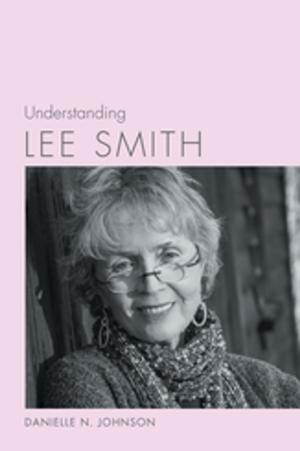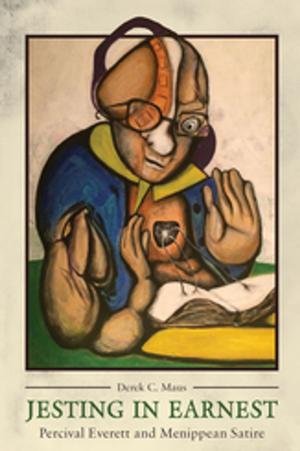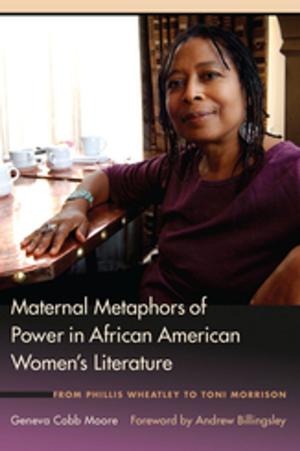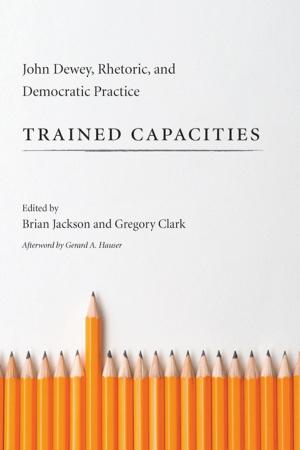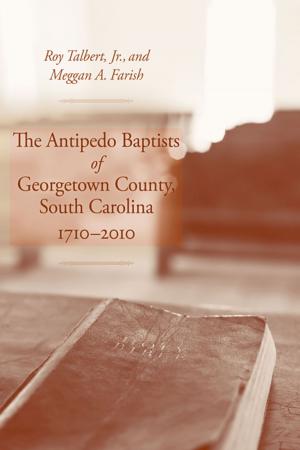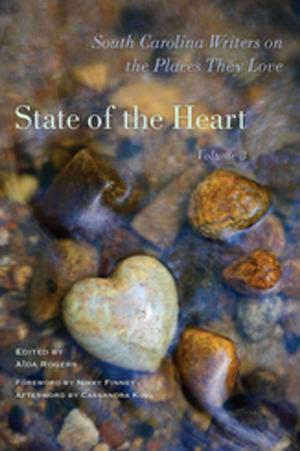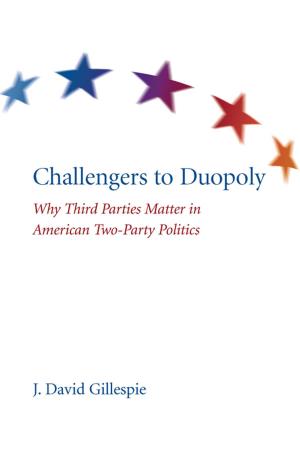| Author: | DéLana R. A. Dameron | ISBN: | 9781611171709 |
| Publisher: | University of South Carolina Press | Publication: | July 23, 2012 |
| Imprint: | University of South Carolina Press | Language: | English |
| Author: | DéLana R. A. Dameron |
| ISBN: | 9781611171709 |
| Publisher: | University of South Carolina Press |
| Publication: | July 23, 2012 |
| Imprint: | University of South Carolina Press |
| Language: | English |
DéLana R. A. Dameron searches for answers to spiritual quandaries in her first collection of poems, How God Ends Us, selected by Elizabeth Alexander as the fourth annual winner of the South Carolina Poetry Book Prize. Dameron's poetry forms a lyrical conversation with an ominous and omnipotent deity, one who controls all matters of the living earth, including death and destruction. The poet's acknowledgement of the breadth of this power under divine jurisdiction moves her by turns to anger, grief, celebration, and even joy. From personal to collective to imagined histories, Dameron's poems explore essential, perennial questions emblemized by natural disasters, family struggles, racism, and the experiences of travel abroad. Though she reaches for conclusions that cannot be unveiled, her investigations exhibit the creative act of poetry as a source of consolation and resolution.
DéLana R. A. Dameron searches for answers to spiritual quandaries in her first collection of poems, How God Ends Us, selected by Elizabeth Alexander as the fourth annual winner of the South Carolina Poetry Book Prize. Dameron's poetry forms a lyrical conversation with an ominous and omnipotent deity, one who controls all matters of the living earth, including death and destruction. The poet's acknowledgement of the breadth of this power under divine jurisdiction moves her by turns to anger, grief, celebration, and even joy. From personal to collective to imagined histories, Dameron's poems explore essential, perennial questions emblemized by natural disasters, family struggles, racism, and the experiences of travel abroad. Though she reaches for conclusions that cannot be unveiled, her investigations exhibit the creative act of poetry as a source of consolation and resolution.
